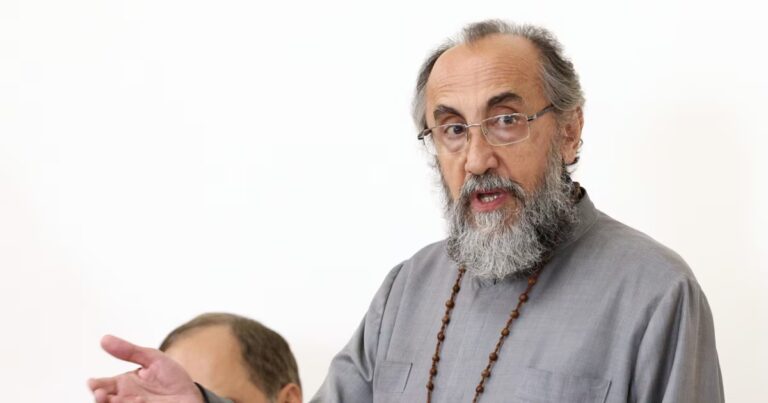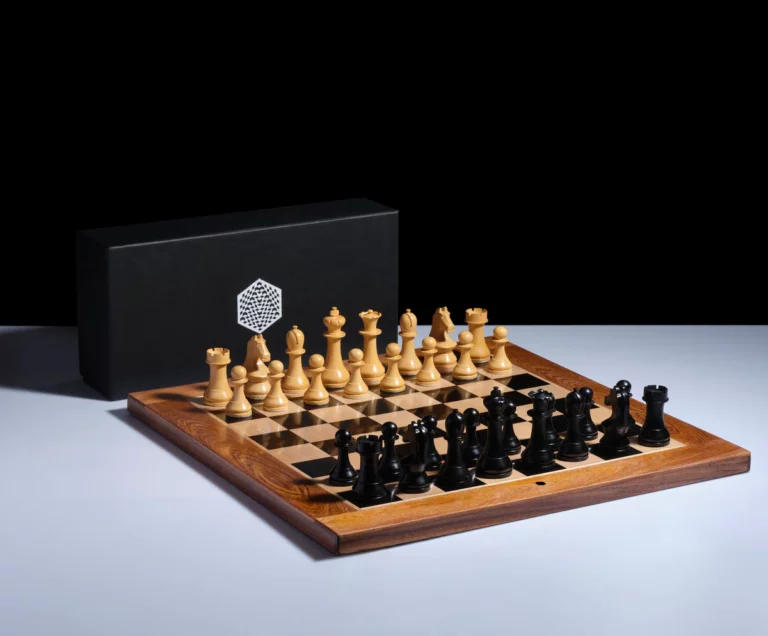Trump’s “Union State” and the problem of keeping the Armenian state
December 24 2024, 12:05
Donald Trump’s inauguration will take place on January 20, 2025, but already now the US president-elect generates a lot of news and processes that can affect not only the domestic and foreign policy of the United States but can also have an impact on geopolitical developments.
In early December, at a meeting with Canadian Prime Minister Justin Trudeau, Trump threatened that his “country could become the 51st US state if the authorities do not stop the flow of migrants and illegal drugs.” And despite the fact that in response to Trump’s words, Trudeau laughed, it later became clear that Trump was not joking. After the conversation with Trudeau, he actively began to describe how Canadians would pay less taxes if they became a US state and also asked the question: “Does Washington need to invest $100 billion annually in Canada if it is not a US state?”
On December 22, Trump said he wanted to regain US control of the Panama Canal. Finally, on December 23, Trump raised the issue of control over the island of Greenland, which belongs to Denmark. The American politician is confident that “the ownership and control of Greenland is an absolute necessity.”
Elon Musk is not far behind Trump, who considers it pointless for the United States to finance Europe’s defense costs. “Why are American taxpayers funding a quarter of European defense spending? This doesn’t make sense, especially when we have a massive budget deficit and unsustainable growth in debt,” he said in a post on X.
Firstly, there are no protests from Armenian “liberals and Westerners” that Trump “suggests that Canada not only join the Union State but completely renounce state sovereignty and become part of another country.” There are no protests that Trump wants to take control of the territory of Denmark.
Secondly, the statements of Trump, Musk, JD Vance, and other politicians are vivid evidence that global changes in the world order and the geopolitical picture of the world are already underway. These changes show that it is unprofitable to keep a vassal in the 21st century. It doesn’t matter if you’re a “vassal state or an entire union.” This, in turn, means that you yourself must be a subject whose meaning of existence is clear to the hegemon (global or regional), so that he is ready to build constructive relations with you.
For many years, there was a system in which Armenia and Artsakh jointly restrained Azerbaijan; it was “our section of the state border.” Russia helped us to restrain Turkey. And the security generated in the South Caucasus “on a separate section of the strategic borders” of Russia and Iran provided stability for these countries, as well as a chance for the development of Armenia.
Today’s Armenia has abandoned its strategic sense of existence, abandoned “its section of the state border,” surrendered Artsakh. But if modern Denmark, Canada, and the EU are faced with the questions of justifying the necessity of their existence, why do the Armenian authorities believe that their proposed model of Armenia’s existence can be viable?
Think about it…








